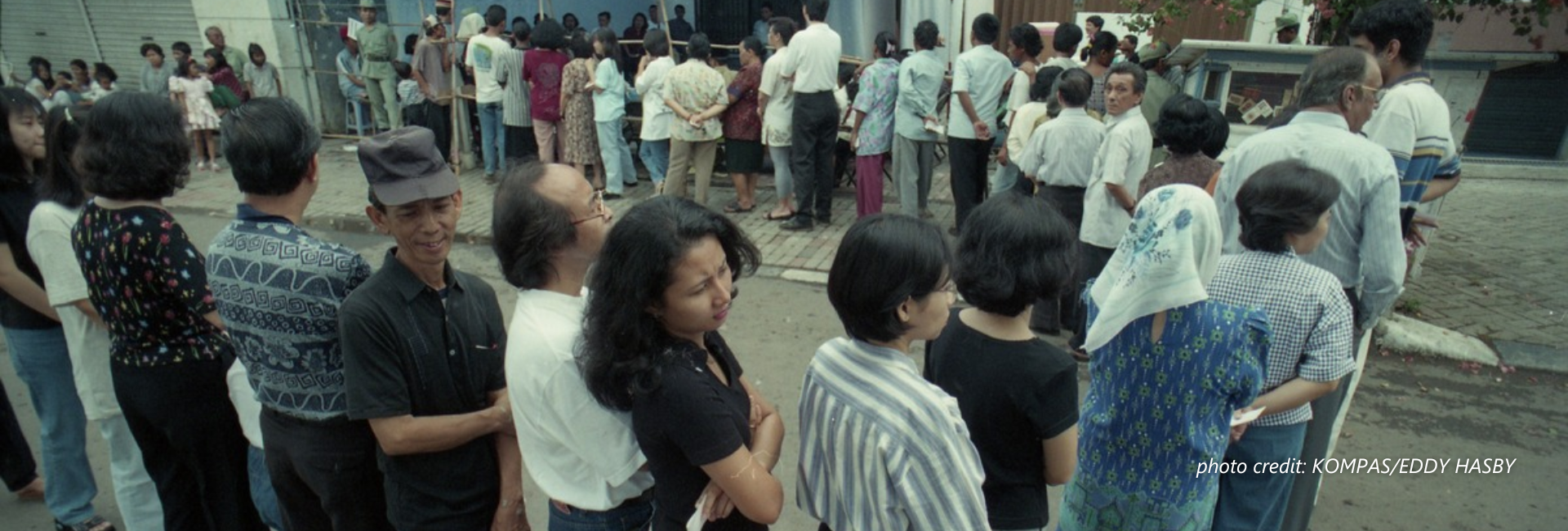Designing and implementing social safety net programs in 1998 was a new experience for Indonesia. The severe social impacts of the crisis, which began in mid 1997, forced the government to act rapidly to safeguard real incomes and access to social services for the poor by instituting new and expanded programs. The findings of this study indicate that implementation of the programs was plagued by problems of targeting beneficiaries and delivering benefits to intended target groups. The programs suffered from the problem of undercoverage, with a large number of the poor not being reached by the programs. At the same time, all of the programs faced the problem of leakage, as a large proportion of program benefits went to the non-poor. These problems point to the difficulties in designing and implementing any program that provides cash or in-kind transfers in a developing country as large and diverse as Indonesia.



